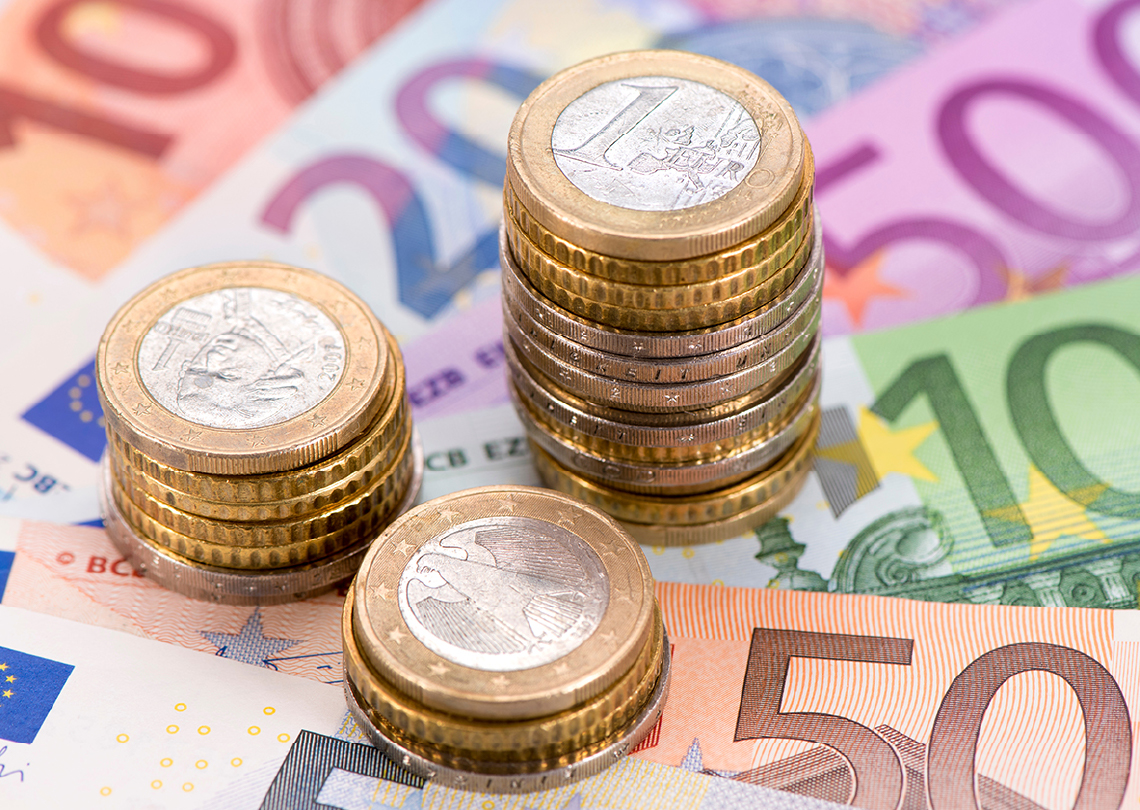Cash - No Reason For Change

For many people, in nearly all countries, cash remains, if not king, then a major means of making payments. In a previous blog we explained how the G4S 2018 Global Cash report stated that in 75 percent of all countries more than a half of all payments were made in cash. In the face of arguments in favour of a cashless society, many have questioned the limitations and likelihood of widespread adoption in the near future in the majority of countries, particularly due to people's continued attachment to cash as a means of payment.
In the UK and several parts of the USA it has been recognised that everything must be done to ensure people have access to cash and that they are able to use it in retail outlets if they so wish. The reasons for this inclusive approach remain current, though cash has now come under threat from another source - media interpretation of scientific evidence. Now we are told cash carries bacteria, therefore it must carry the coronavirus, therefore it is bad, therefore people shouldn't use it. But is cash that different from the alternative payment methods and given the primary means of transmission, shouldn't we rather be focussing on other things?
There are a number of points to be made:
1. This is not in line with the WHO advice - indeed the WHO has said its comments have been misinterpreted by the UK media and that there is no evidence that cash enables the virus to spread
2. creditcards.com research has shown that plastic cards carry more bacteria than notes or coins but nobody is suggesting we stop using them. The research was carried out in association with the University of Texas and in a 17 August 2018 article on the creditcards.com website it was stated that 'payment tablets like the ones restaurants, bars, and food truck patrons tap and sign with their bare fingers were found to have more different types of bacteria than any other payment method studied. Moreover, contrary to the popular perception of money as being dirty', credit cards had more different types of bacteria than cash and coins,
3. The main means of transmission of Covid-19 is via physical contact and via 'droplets' from infected individuals - hence the need for social distancing. Indeed, other vectors used to pay for items are just as likely to be vectors for disease transfer. How big a threat is cash usage? One expert Dr Christine Tait Burkard an expert in infection and immunity at the Roslin Institute at the University of Edinburgh has said the risk is small 'unless someone is using a banknote to sneeze in' and, “Coins are actually very bad environments for viruses to survive”. While another Lothar Wieler head of Germany’s Robert Koch Institute for Infectious Diseases has stated that 'virus transmission through bank notes has no particular significance '.
4. While touching surfaces of different types (such as plastic and metal) is a low risk means of transmission, regular hand washing is recommended as a means of minimising risk
5. When we go shopping the major risk involves social contact, hence the stay-at-home advice and closure of non-essential stores. This is also the thinking behind social distancing in queues
6. When we visit a retail outlet, we all touch a number of surfaces that have been touched by others. These will include trolleys, hand baskets, goods touched by others, PIN pads and self-service touchscreens. Now nobody is saying you are going to catch coronavirus from touching these objects, but that it is best practice to wash your hands after you have done so. The same logic applies whatever your payment method, whether it is card using pin, contactless payments (available below certain amounts) or cash
7. We all need to focus on what is important. There needs to be good hygiene practice and we all have a responsibility to avoid giving 'advice' that in some way delivers a false sense of security or causes unnecessary panic and stress. The method of payment you use is a minor element of your store visit and in no way changes the advice, which is to keep your distance and wash your hands
In the current situation we all need to make payments. For many people, and particularly some of those in at risk groups, this means using cash. There is no evidence for making things more difficult for them or for restricting choice for those who are simply happier using cash. The UK Access to Cash report identified that too fast a move to a cashless society would mean 'some parts of the country will face significant harm, with a seriously damaging impact on society'. In this respect very little has changed. The coronavirus is already having an adverse effect on the economy. This is certainly not the time for more 'self-inflicted' harm, especially when it is based on a misinterpretation of information that has been corrected by the WHO.
Of course, health is the priority, which is why we have referenced the experts. We all need to follow best practice guidelines. At a time of anticipated recession, and given expert advice, where is the logic in refusing business rather than just saying #CashAcceptedHere.